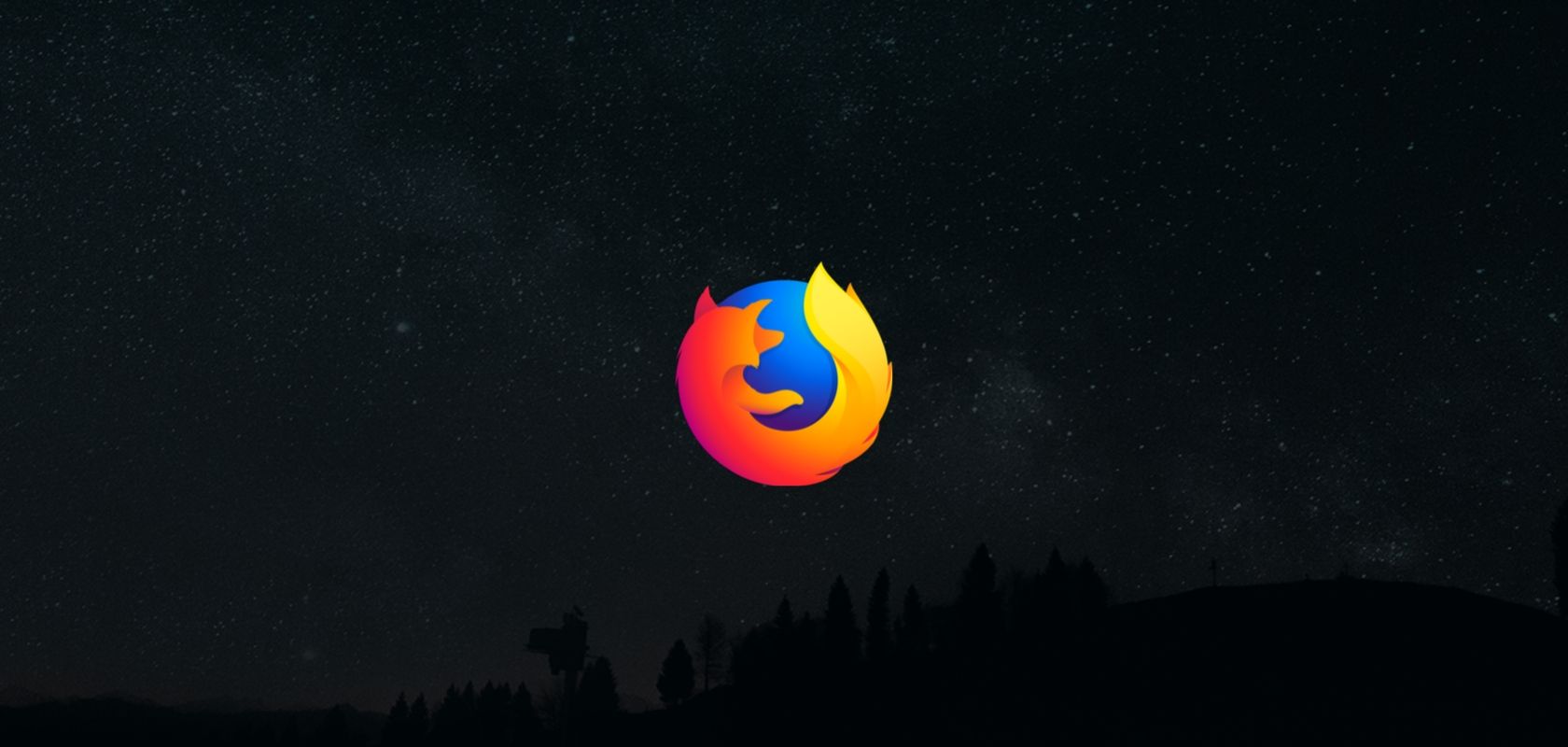In the mid-2000s, Firefox was that browser stealing the limelight and the market share from the obsolete, yet dominant Internet Explorer, that Microsoft at the time forced onto every computer on the planet.
In the end, Firefox won the market race not because of antitrust litigation but on technical merit alone – it was simply the better browser. But then Google emerged first as simply a search engine, and then a “search engine with an agenda” – namely one that pivoted to advertising, and consequently needed its own web browser, mostly for user tracking purposes.
Thus Google Chrome was born, pushing Firefox out, again on market grounds as faster and simpler – almost to the point of market-share extinction.
But Firefox has been trying to fight back for some time now, mostly by reinventing itself as a champion of user’s digital rights, freedoms, and privacy – i.e., those very things that Google and its products can no longer hope to promise to absolutely anybody.
Nevermind that Mozilla’s own promise of privacy has been at times suspect over these last years.
One of the prominent (re)branding efforts by Mozilla has been the introduction of a tool known as DNS-over-HTTPS (DoH). The feature will become the default for users in the US in late September – affording those running Firefox an encrypted HTTPS connection to a DNS server, in other words, preventing an ISP from accessing their unencrypted DNS lookups.
But now the Guardian is reporting that not all Firefox users have been created equal in Mozilla’s eyes – as the foundation will leave UK Firefox users to fend for themselves when it comes to the all-seeing and snooping eyes of their ISPs.
As per the Guardian article, Mozilla’s DoH plans set off alarm bells in the UK since the tech “breaks many of the centralized filtering and blocking systems in place to prevent easy access to child abuse images, piracy and terrorist material, as well as optional parental controls.”
“Because current DNS requests are unencrypted, the road that connects your citizens to their online destination is still open and used by bad actors looking to violate user privacy, attack communications, and spy on browsing activity,” Mozilla’s Alan Davidson said in a letter to UK’s Culture Secretary Nicky Morgan.
“People’s most personal information, such as their health-related data, can be tracked, collected, leaked and used against people’s best interest. Your citizens deserve to be protected from that threat,” Davidson wrote.
Nevertheless – he assured Morgan that Mozilla “has no plans to turn on the DoH feature by default in the United Kingdom and will not do so without further engagement with public and private stakeholders.”






















